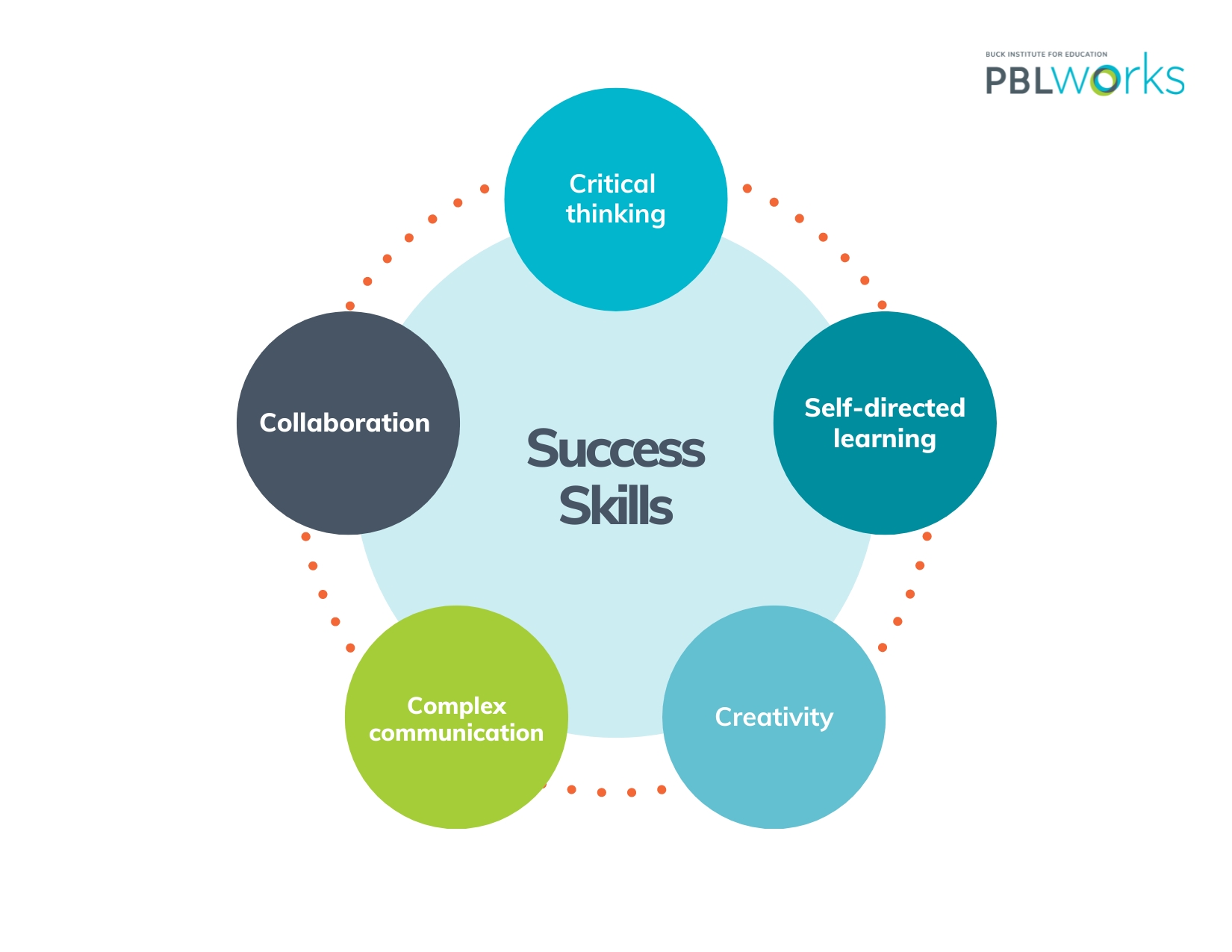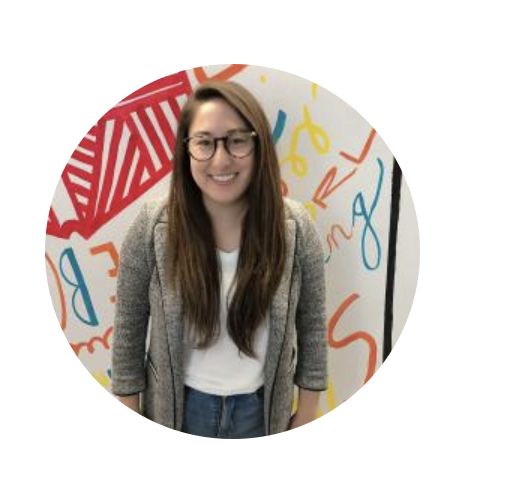By Allie Wong
As an incoming high school freshman, I was shy, withdrawn and had very low self-esteem. I am the daughter of immigrant parents who were determined that I become the first in our family to graduate from college. To that end, my parents elected for me to attend a small charter school with a focus on Project Based Learning (PBL) to ensure I received the individual attention and authentic learning opportunities I needed to bring me out of my shell and increase my self-confidence. It was there that I had the experiences that shaped me as a person, and eventually transformed me into the leader I am today.
By 12th grade, I had published several books, designed blueprints, directed shows, built prototypes, organized events, spoken publicly in front of large audiences, and most importantly, saw myself as a leader and change maker. In fact, I initially became interested in education because of a project I did in the 10th grade where I created a documentary comparing education in the United States to education in Mexico. The power of my PBL experiences, and the skills developed along the way, supported my transformation from a shy, detached adolescent, into a confident and powerful educational leader. Specifically, the success skills I gained through PBL were self-directed learning, collaboration, creativity, complex communication, and critical thinking.
PBL Success Skills

PBL offers practical structures to teach and assess these skills. Because of my experience with PBL, I went on to become a teacher at the school I attended as a student, then a Vice Principal, and finally, a school Principal. I can honestly say that I still use the skills I acquired in high school in my daily work today. These skills are arguably the most important content that students will learn and apply throughout their lives.
Self-Directed Learning
Self-directed learning was one of the first skills I learned through PBL. I almost failed the first project I completed as an incoming freshman because I had yet to learn how to manage my time and to initiate complex tasks. The Entrepreneurs Project, a Physics class project required students to design and prototype a product that used concepts we learned in class around energy, such as motors, gears, and pulley systems. In my traditional learning background, I had never been asked to create something new, nor was I accustomed to teachers giving me the time and space to grapple with a problem before stepping in to provide me with a strategy. I procrastinated until the last possible minute to start my prototype and nearly missed the deadline. With the support of my teacher who created structures that held me accountable and supported me with learning logs and project work reports, I was finally able to find a starting point. I worked hard to catch up to my classmates and I also found motivation within myself, knowing that I would be pitching my invention to outside experts. These people were real venture capitalists who were not my teachers nor my parents and therefore, were not forced to provide me with empty praise. As a result of my early experience in this project and the scaffolding I received from my teacher, I learned not to procrastinate with complex tasks and how to effectively manage my time with tools and approaches that worked best for me.
Collaboration
If self-directed learning was the first skill I learned, then collaboration was an extremely close second. During the documentary project, I had the opportunity to choose both my partner, as well as the focus of our documentary. Naturally, I selected one of my closest friends to be my partner. As a teenager, I thought that this would make collaboration easier. I was wrong. In reality, choosing my friend resulted in a lot more arguing, as we struggled to agree on our project topic. Eventually, through sharing our ideas with one another, lots of negotiating, and dividing up the assignments and roles within the project, we found a good compromise and chose Education to be our project topic. This project specifically had a tremendous impact on me as it helped me identify my passion for dismantling inequities present in our educational system.
Creativity
I was often asked to find new and creative solutions to authentic, challenging problems in the PBL projects I completed during my formative high school years. One of the most memorable projects I worked on in 12th grade involved addressing the problem of homelessness in my community. As a student, I had a seat at the table among other leaders in my city, working together to address this complex problem. Instead of being told how the problem should be solved, we were given voice and choice to create novel and creative solutions. We did research through interviews of local agencies, and built our empathy and understanding of our city’s homeless population’s experiences. Back in the classroom, we analyzed what we learned to develop solutions such as new and improved sleeping bags for those without homes, mobile shower stations and more. I saw myself as a leader whose voice mattered because I worked among other leaders on a real issue and my creative contributions were valued.
Complex Communication
In my Humanities class, we studied immigration throughout history and the impacts on culture, politics, the environment, and the economy. To synthesize our learning, we each wrote plays around those themes and a couple of them were selected by the class to actually perform at our exhibition. My play was selected, which automatically put me in the role of director, something I had never done before. Directing a play I wrote for a cast of 14 of my peers definitely required complex communication. I knew what I was hoping the play would look and sound like, but I had to communicate that to my classmates clearly, and in a way that was compassionate, comprehensible and inclusive. I had to build consensus among the group and ignite a passion toward a shared vision. Organizing actors, especially 16-year-old actors, providing them specific feedback, and creating a collaborative vision were all part of this experience. My teacher checked in with me regularly to discuss progress and talk through dilemmas as well as provided models of high quality work for me to use as a guide.
Critical Thinking
Critical thinking, where one exercises a reasoned approach to problems, decisions and questions, is evident in all of the project examples I have shared. I had to understand, analyze, and evaluate multiple pieces of information to design something new that demonstrated understanding of content, such as a new product, a documentary, a plan to minimize the impacts of homelessness, and a play. What helped me make inferences and uncover patterns, and evaluate the quality of information, was the intentional opportunities for reflection and formative assessments that teachers wove throughout each project. When we compare this project work to Bloom’s taxonomy, where creation is the highest level of cognitive processes, we can see that Gold Standard PBL provides a vehicle for designing learning opportunities that require critical thinking.
It’s been 20 years since I was in high school, and to me, the fact that I can remember the specific projects I worked on, and the impact they had on my development, speaks volumes. The skills I learned as a student in PBL set me up for success as a leader in my professional life. As it turns out, my parents were right! I went on to be the first person in my family to graduate from college and graduate school. As a PBL teacher, I collaborated with my colleagues to design creative and innovative projects that would engage students' hearts, minds, and hands. As a school Principal, I used critical thinking skills to assess the needs of my school and complex communication to share with teachers a clear, concrete direction for our work moving forward. It is no exaggeration when I say that learning these success skills before graduating from high school transformed the trajectory of my future, and helped me to be the successful leader I am today. I am hopeful that more and more students will have the same opportunities I did to transform their educational experiences and their futures.

Allie Wong, Lead National Faculty at PBLWorks.
